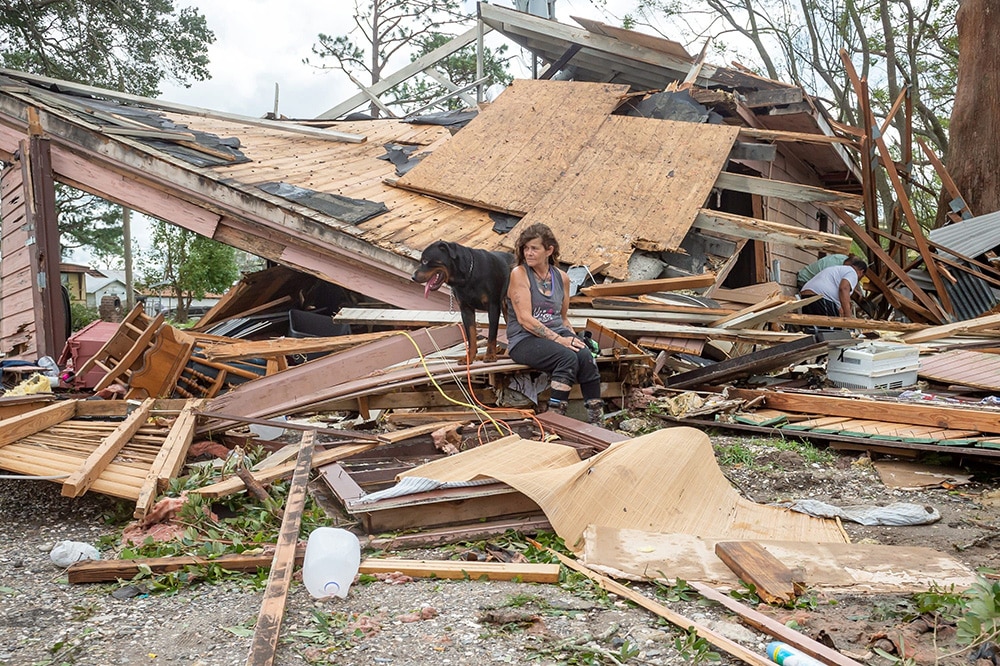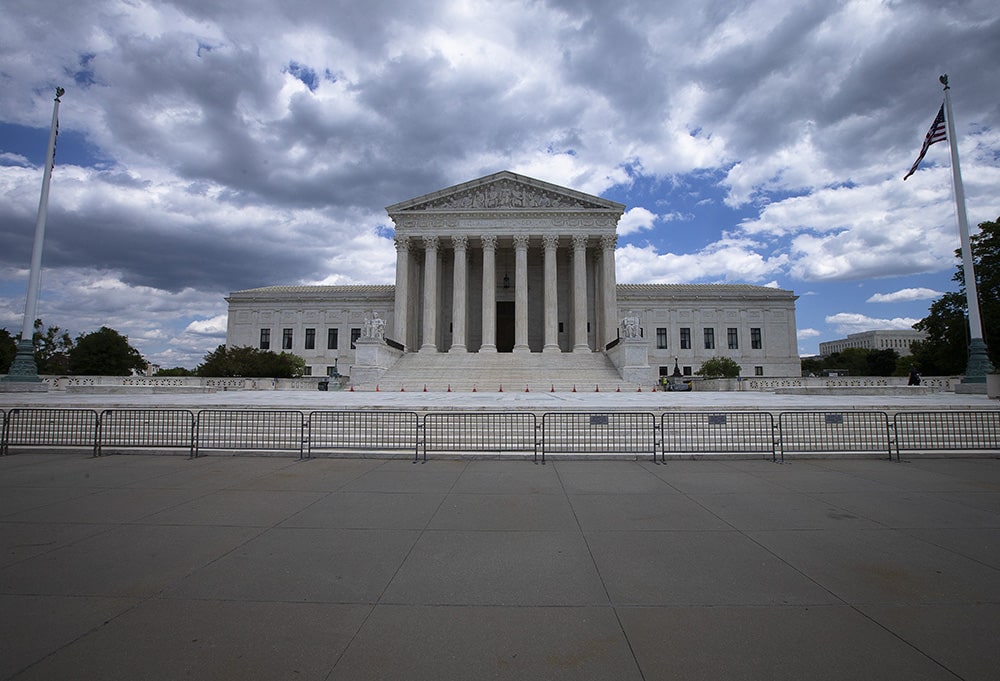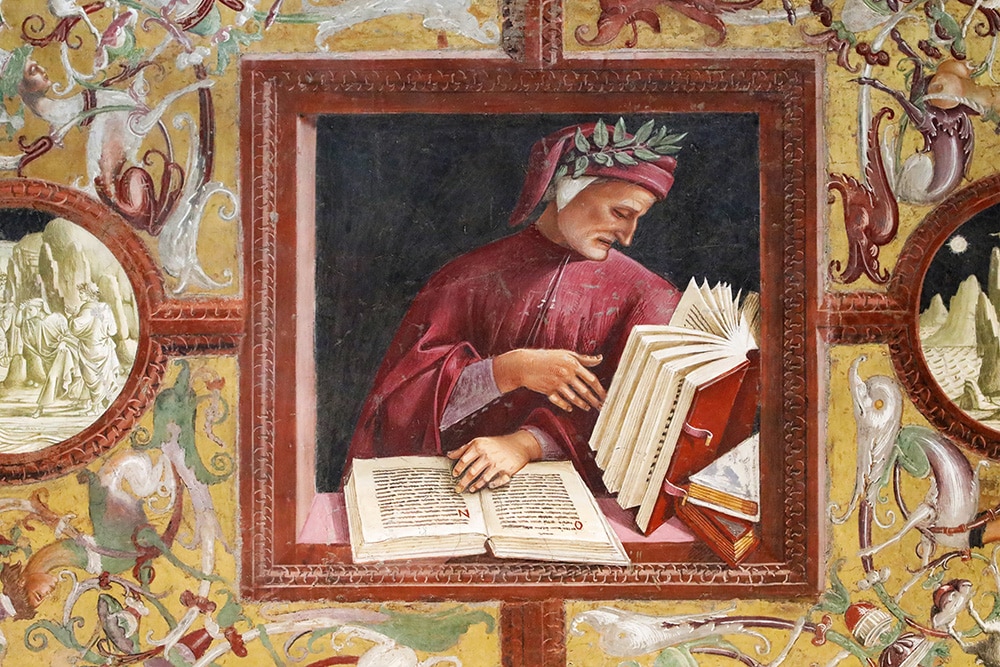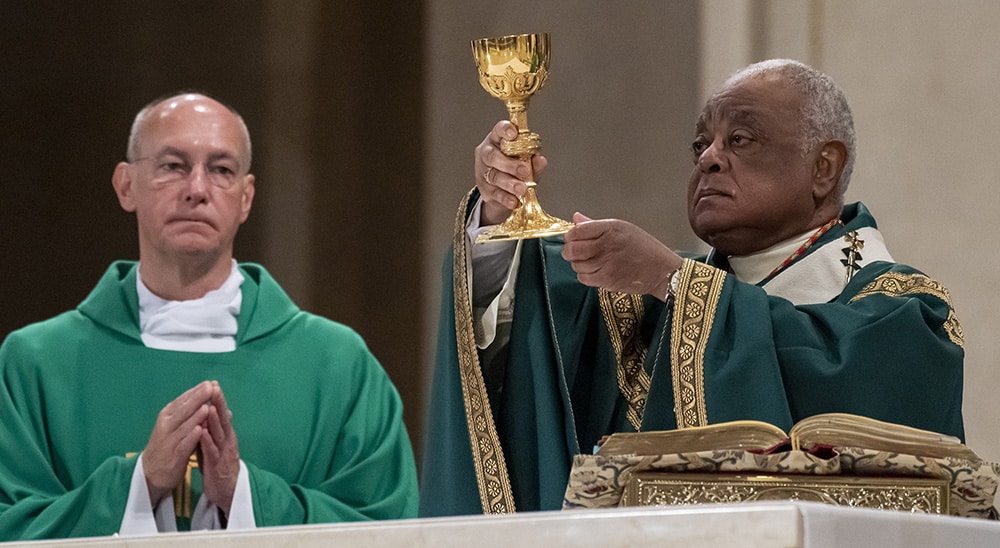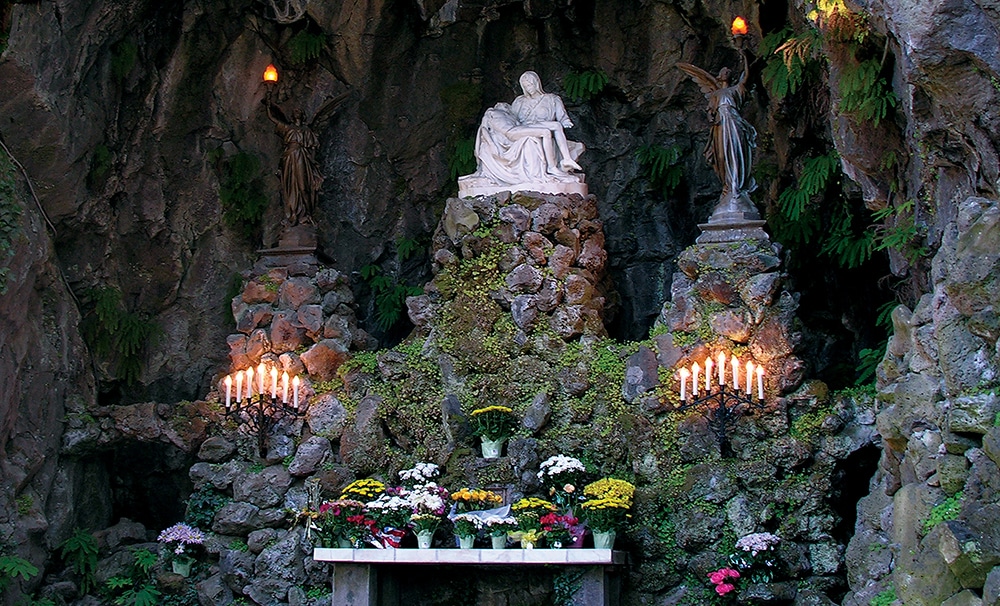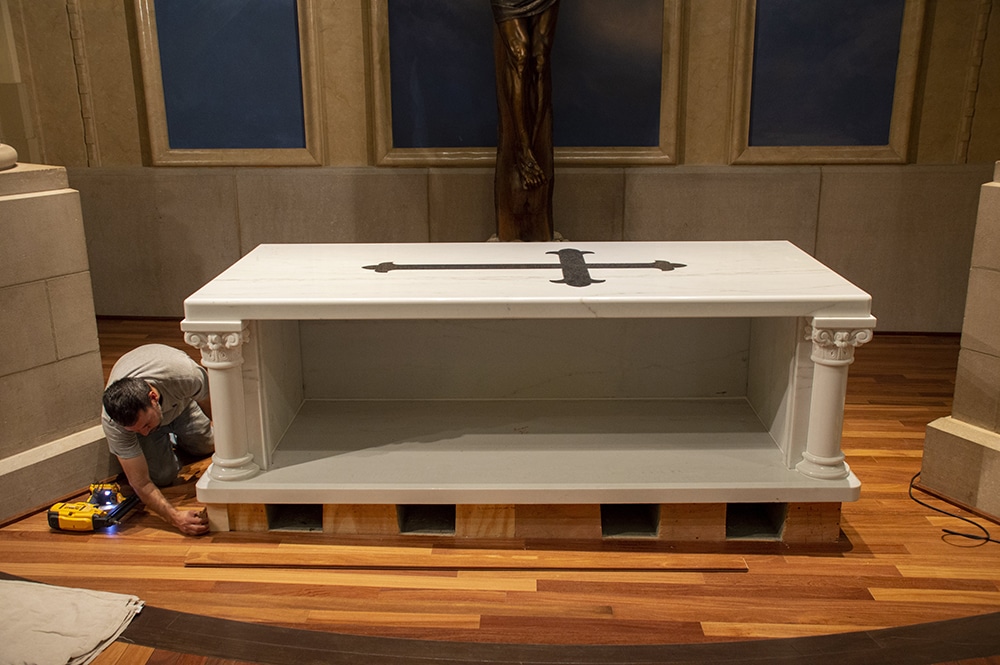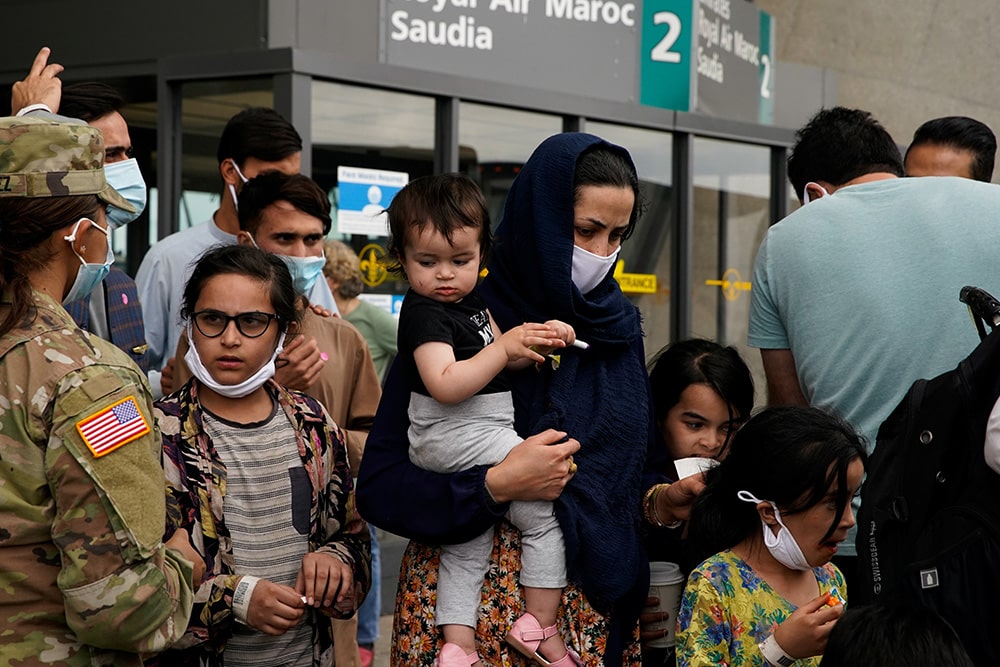More than two weeks after Hurricane Ida made landfall in Louisiana, the Catholic community led by Bishop Shelton J. Fabre of Houma-Thibodaux continues to gather resources and volunteers to help people of the parishes hardest hit by the Category 4 storm.
Hot meals, groceries, fuel and cleanup supplies are being distributed through the Catholic Foundation of South Louisiana with help from Catholic Charities in neighboring dioceses, said Amy Ponson, director of the organization.
“The entire area is completely destroyed,” Ponson told Our Sunday Visitor.
The oil and gas industry, the primary employer in Port Fourchon, was hit hard, as the storm damaged significant parts of the industry’s infrastructure. Many residents are left unemployed, homeless and without income.
The Diocese of Houma-Thibodaux includes Lafourche Parish, where Ida made landfall on Aug. 29 with sustained winds of 150 mph with a peak wind gust of 172 mph. Damage estimates are $27 billion to $40 billion for that area of Louisiana and neighboring Alabama and Mississippi. Electricity might not be restored to areas within the diocese for weeks.
Bishop Fabre said an outpouring of help “through Catholic Charities here in our diocese, nationally and in our state are all helping us respond to people’s immediate needs for food and water to the very best of their ability.”
“My episcopal motto is ‘comfort my people’ and we’re all doing our best to comfort them in this very difficult time,” Bishop Fabre said. “We’ve received a lot of help from around the country in so many various ways, and we receive more every day, and we are so very grateful.”
The disaster Ida left behind sits atop the pandemic disaster in Lafourche Parish, where Ida made landfall, where only 37% of residents are fully vaccinated, according to the state. Its rate is about 8.45 times the level the Centers for Disease Control considers a high level of transmission. The previous week, the parish topped more than 1,400 new cases, setting a record.
Many houses are uninhabitable, so on the advice of public officials, families have moved out of state to reestablish themselves until the situation improves in southern Louisiana. Many families have relocated to the Houston and Atlanta metro areas to wait out the restoration of their communities.
Ponson’s own family has relocated to Tennessee to stay with relatives, with her two children enrolling in new schools for the duration of the emergency. She said her husband stayed at home in their parish to work on their own home, which was damaged by the storm.
All but one of the 12 Catholic schools in the diocese are closed. Some of the closed schools are being used as temporary distribution centers for a variety of goods, including tarps for use as temporary roofing, household cleaning products and water.
With electricity out — possibly until October in some parts — residents are relying on generators to light their homes and power their restoration efforts, Ponson said.
“The local gasoline and oil companies are providing gasoline and oil to residents for their generators and their cars,” Ponson said. “They need their cars to get to the distribution centers.”
Other Louisiana dioceses are joining cleanup efforts in the Houma-Thibodaux diocese, Ponson said.
“We are working as a family of Catholic schools helping each other and living our faith in action,” she said. “The people of south Louisiana are unlike any others across the country in that they share with their neighbors whether they know them or not. If one family has four bottles of water, they’ll share two of them.”
The Catholic churches in the Houma-Thibodaux diocese operate a parish disaster response program called Matthew 25, inspired by the Gospel of Matthew: “Amen, I say to you, whatever you did for one of these least brothers of mine, you did for me” (25:40).
Catholic Charities assists in bringing together the resources and skills that were in action during Hurricanes Katrina and Rita. Matthew 25 organizes and integrates volunteer response teams for times like these.
“People are going door to door to see what other people need,” Ponson said. “Our Matthew 25 volunteer coordinators have all mobilized.”
Bishop Fabre said, “We are right now very much hurting, but so grateful to all those individuals and agencies who have come to our assistance.”
“A diocese is people, and our people are hurting, and we have to help our people find hope and to let them see that there are people who do care and want to help, and I am so grateful to those who have helped.”
To help, visit the Catholic Foundation of Southern Louisiana’s website at catholicfoundationsl.org.
Joseph R. LaPlante writes from Rhode Island.

